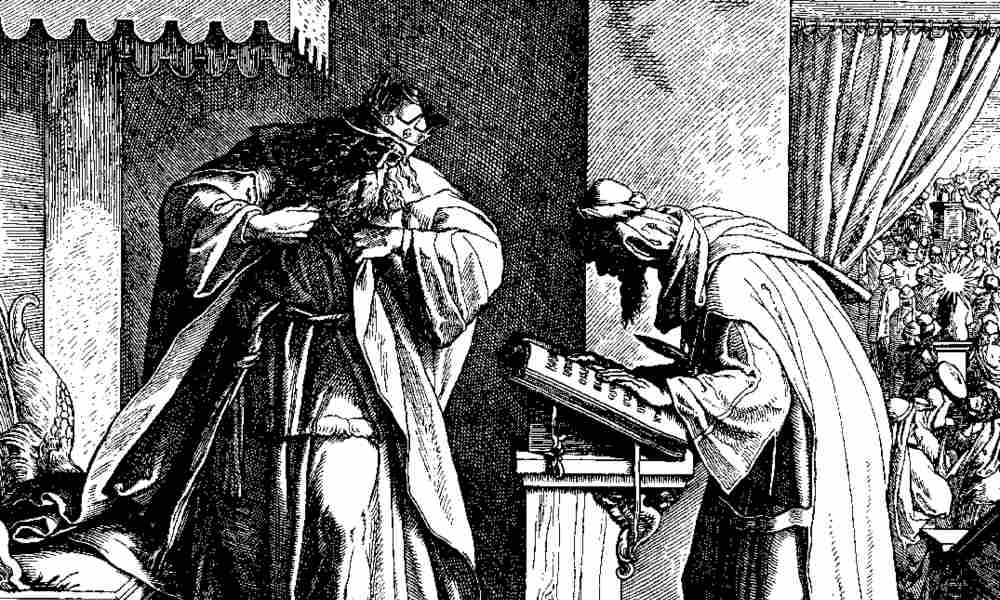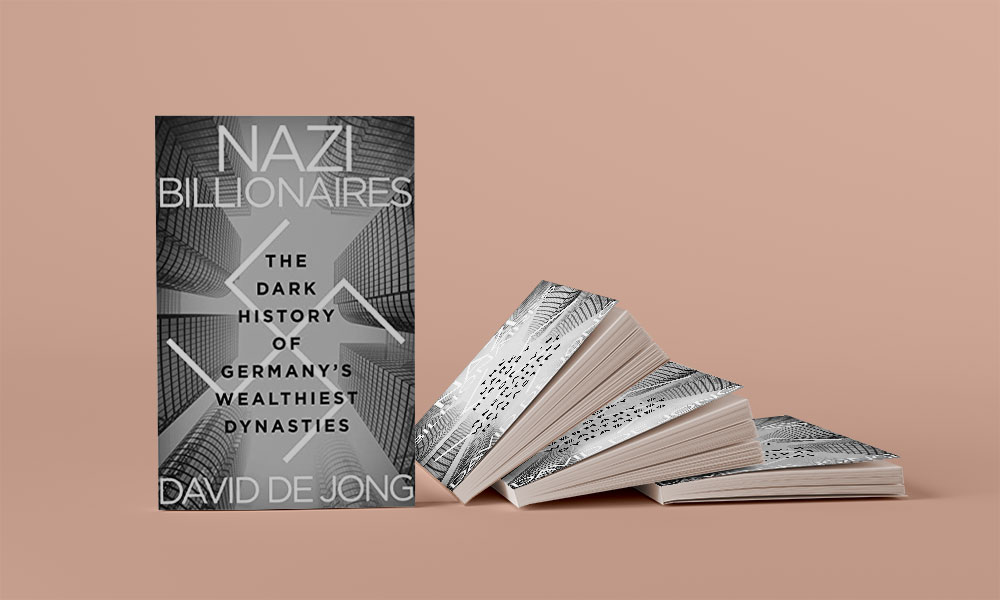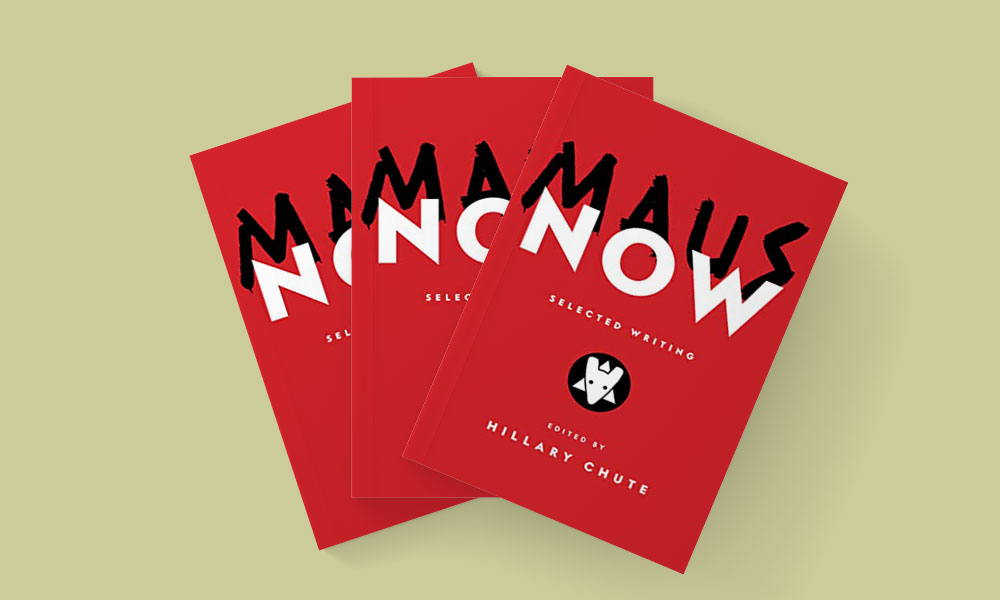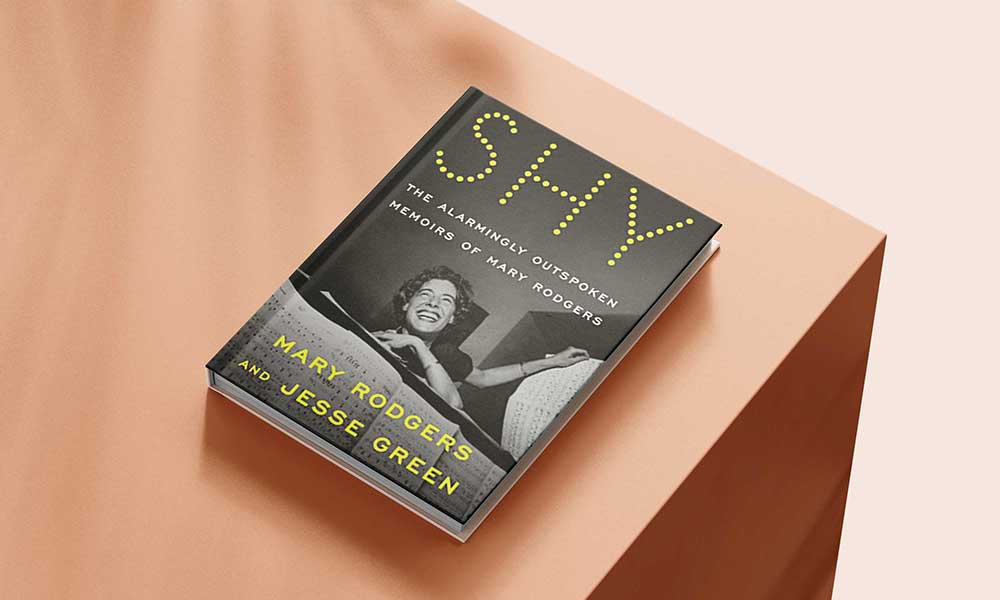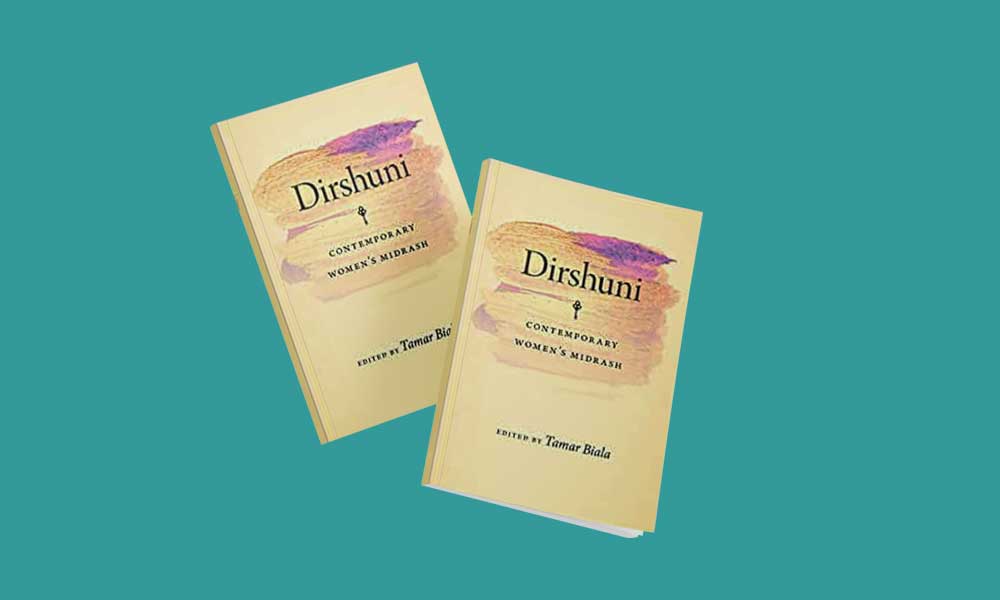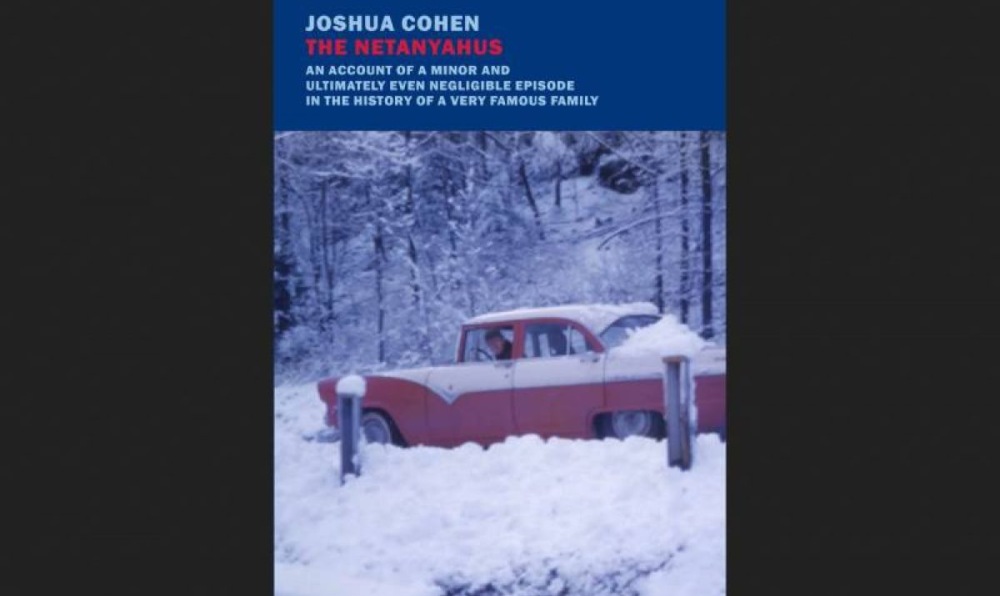Book Review | Whose Biblical Law Is This, Anyway?
In The Book of Revolutions, Edward Feld explores the different political traditions that shaped the Torah as we know it today.
Book Review | Very, Very Dirty Money
The stories that David de Jong first reported for Bloomberg News and now recounts in his book Nazi Billionaires document the sordid embrace of the Nazi regime by Germany’s wealthiest industrial dynasties and those dynasties’ continued prosperity today.
Book Review | The Maus That Roared
The latest cycle of public panic over book-banning—as distinct from the constant, threatening drumbeat of book-banning itself—kicked off last January when The New York Times reported that a school board in McMinn County, Tennessee, had withdrawn Art Spiegelman’s graphic novel/memoir Maus: A Survivor’s Tale from the eighth-grade Holocaust education curriculum.
Book Review | A Jewish Kid Who Loved Yeats
Robert Pinsky’s father, an Orthodox Jewish optician in Long Branch, New Jersey, liked to sum up success stories with a favorite phrase: “It all worked out okay.”
Book Review | Biography of a Baron
Baron Maurice de Hirsch was one of the wealthiest and most influential Jews of the 19th century, but his name is largely forgotten.
Book Review | A Family of Ambitious Aristocrats
The Morgenthaus, the late New York mayor Ed Koch once said, were “the closest thing we’ve got to royalty in New York City.”
Book Review | Secrets of a Musical Family
Mary Rodgers’s posthumous autobiography is a brash, outrageous and entertaining excursion into the life of its author.
Book Review | Studying Talmud with Beruriah
When the ancient rabbis had a question about the Torah—an important detail that seemed to be missing, an inconsistency between two passages, even a redundant word or verse—they would often solve the problem by writing a midrash, or story, filling in the missing piece or reconciling the seeming contradiction.
Book Review | Israel’s Star Turn
When the state of Israel turned 30 in 1978, its supporters in Hollywood threw a star-studded party. What changed?
Book Review | A Madcap Holocaust Holiday
An elderly Holocaust survivor dies and goes to heaven.
Book Review | The Temple of Whitefish and Lox
Lori Zabar's new book reveals the family history behind the iconic grocery store.
Book Review | The Netanyahus Takes Off
When 41-year-old American novelist Joshua Cohen won the Pulitzer Prize in Fiction last week for his semi-roman à clef, The Netanyahus, the first question occurring to close observers of Israeli culture and politics wasn’t “Is it good for the Jews?” but “How bad is it for Bibi and the family brand?”

